The Erasmus+ Project titled Pushing Boundaries served to unite 5 different countries with different cultural backgrounds to discuss the topic of discrimination that is encountered by everyone in all walks of life.
project overview
Pushing Boundaries was a 7-day Erasmus+ Funded training course held in Malta from the 22-28 October 2017. It brought together 34 participants coming from 5 different JCI Countries: JCI UK, JCI Estonia, JCI Syria, JCI Jordan and JCI Malta. It was important that different countries, cultures and religious backgrounds were present for the project so as to ensure that a balanced conversation could be held. The content was all presented in an informal manner. Among the activities chosen was a simulation exercise that dealt with the topic of migration, assimilation of social norms and intercultural competences in general. This included processing of the activity and sharing of experiences on the complex issues of multiculturalism and how easy it becomes to discriminate when societies are faced with challenges such as different value systems and social norms.
The programme also included a first-hand definition of discrimination. Input, through real-life case studies on the difference between direct and indirect discrimination was delivered and how this can happen in the areas of age, gender, sexual orientation, race/ethnicity, disability, freedom of expression and religion, amongst others. A representative from the National Commission for the Promotion of Equality was also invited to give an overview of the work that is being carried out to promote equality and create an adequate framework to combat discrimination. This served as a platform to discuss good practices, and how the legal framework can provide support to this issue, as well as reflections on what remains to be done.
Another session by the name of ‘Living Libraries’ challenged participants to look at their own stereotypes, and to become more sensitive to the suffering and struggles that are experienced by persons who are being discriminated against. For many participants, this proved to be a very emotional session, and processing was very important. This session brought more awareness to the individual human stories and personal struggles, behind the themes we hear on the news, such as the refugee crises in Europe. The participants also had the opportunity to explore more the topic of human rights. In the following day, the participants audited how inclusive their respective National or Local Organisation is. They mapped the audit, worked on a needs-analysis template and eventually on an action plan. With the help of the trainers, the participants understood that their NGOs can be inclusive without having to change their whole working structure. A symposium was held during which the JCI World President, other NGOs, MEPs, policy-makers and other relevant stakeholders were invited to participate. The symposium was held at the President’s Palace in Attard and was opened by H.E. Marie Louise Coleiro Preca; President of Malta.
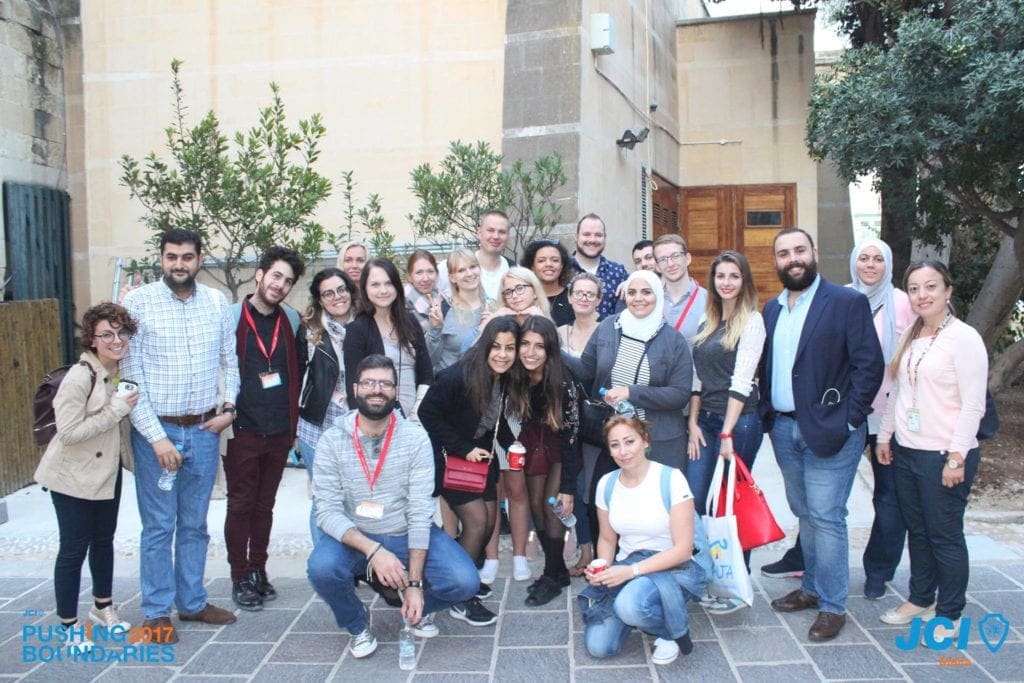
To promote reflection on learning, everyday participants were asked to form small groups and were presented with a number of questions to reflect on the day’s process.
During the project one of the participants shared his experience as a refugee, and three persons that have an intellectual disability and a representative of the LGBTI+ community also joined as part of a Living Library session. This was followed by an interactive workshop on human rights. Given the topic discussed during the training course, it was appropriate that the participants have a good overview of the history of human rights and what human rights are. These are universal, indivisible and inalienable and if not respected it then lead to discrimination on various grounds. The participants also had the opportunity to go into detail on legal instruments that protect refugees.
At the end of the project, all participants were invited to organise projects to fight discrimination in their respective countries and organisations. They were also given the tools and information to apply for Erasmus+ funded projects.
Results
34 full time participants in the project and 16 additional individuals who joined the project at some point during the week, managed to come to together and truly experience the realities encountered with regards to discrimination.
Through the project JCI Malta has managed to connect to a number of potential partners as well as individuals who can assist and contribute to the projects we put together.
Most importantly, JCI Malta managed to inspire the participants to go back home to their countries and communities and work hard to combat discrimination on a daily basis.
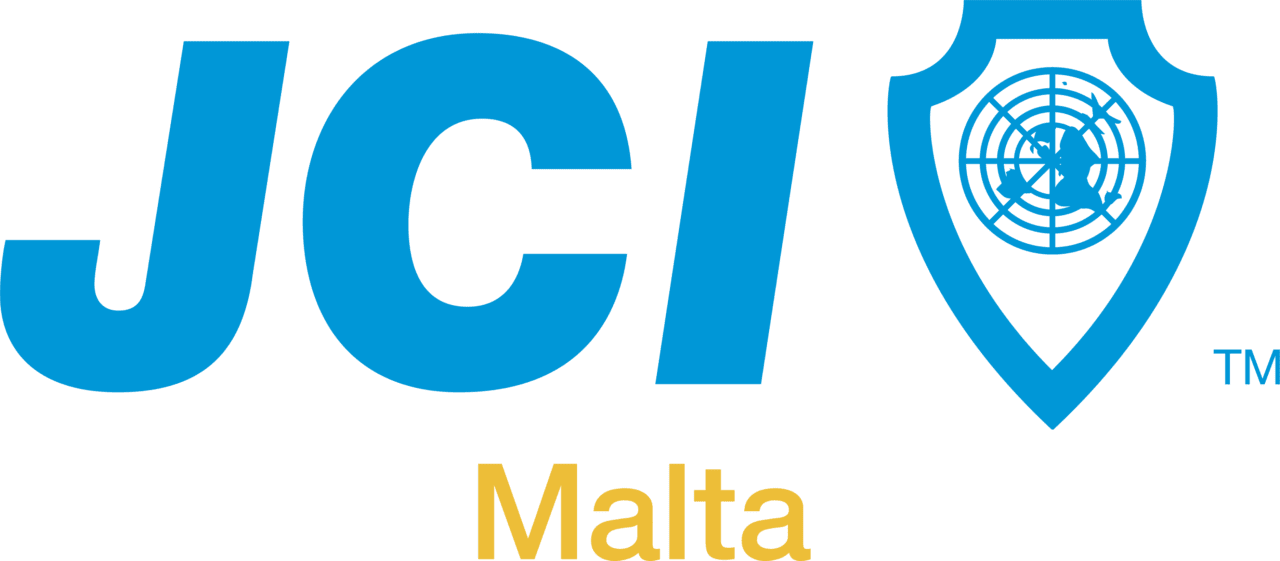
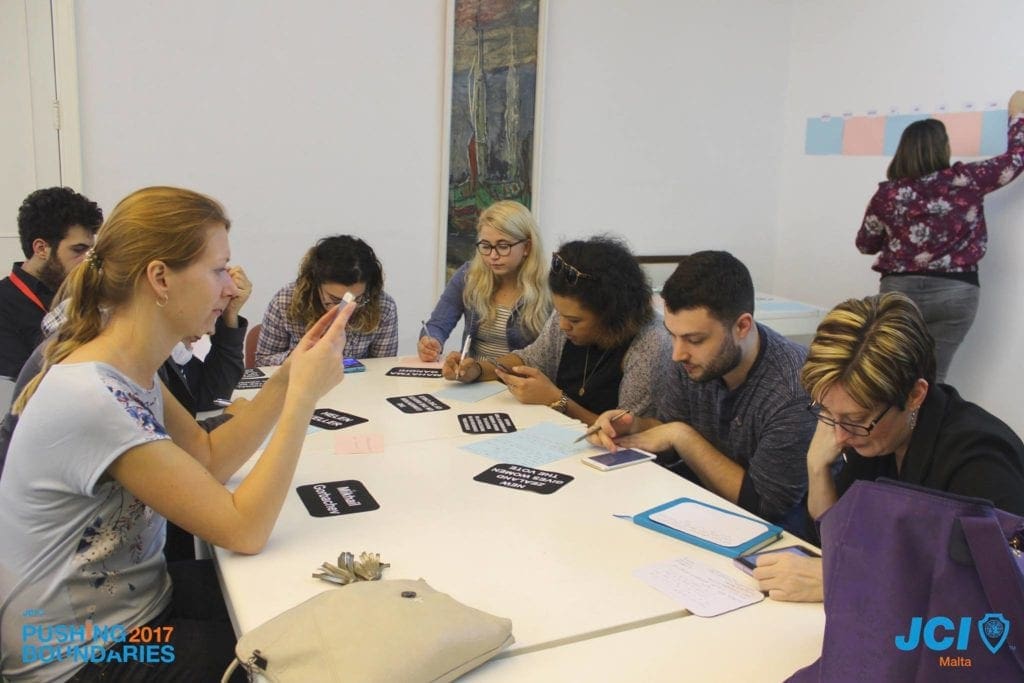
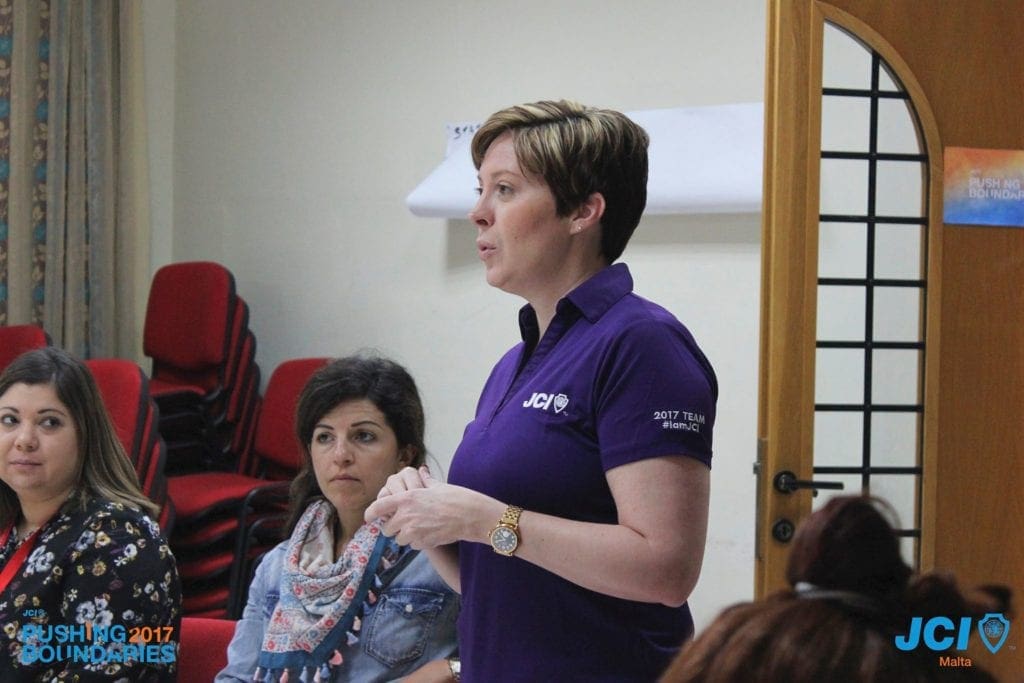
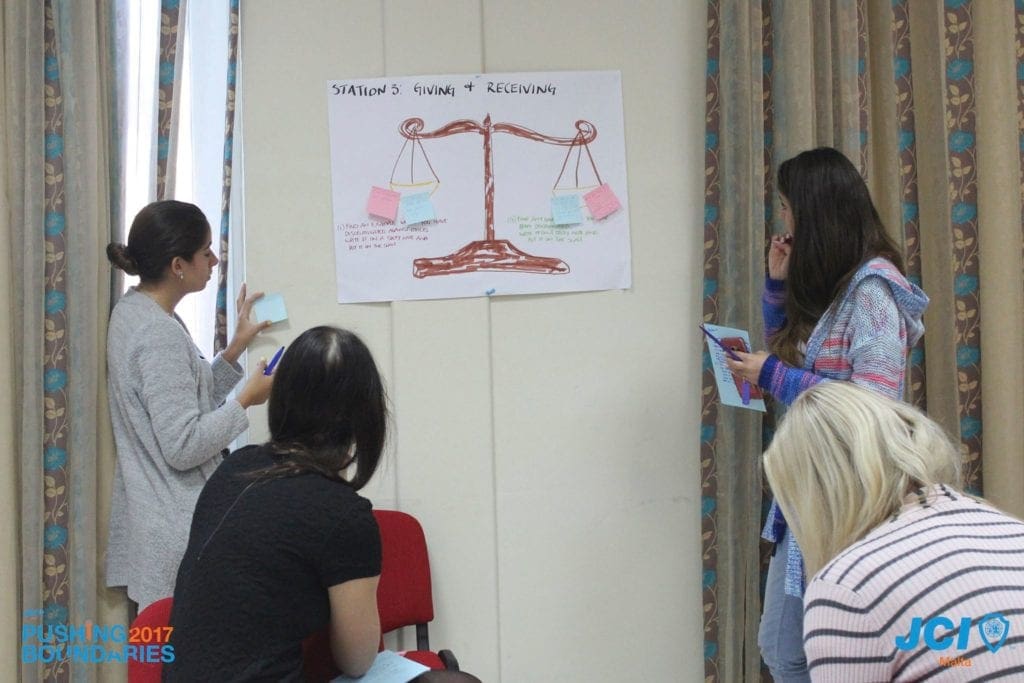
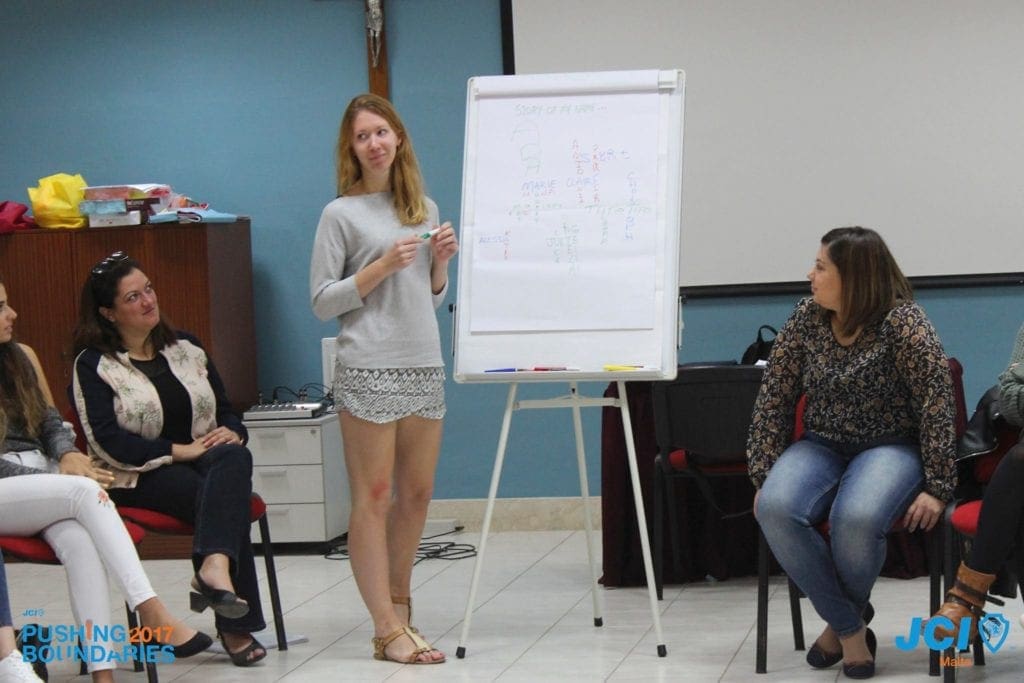
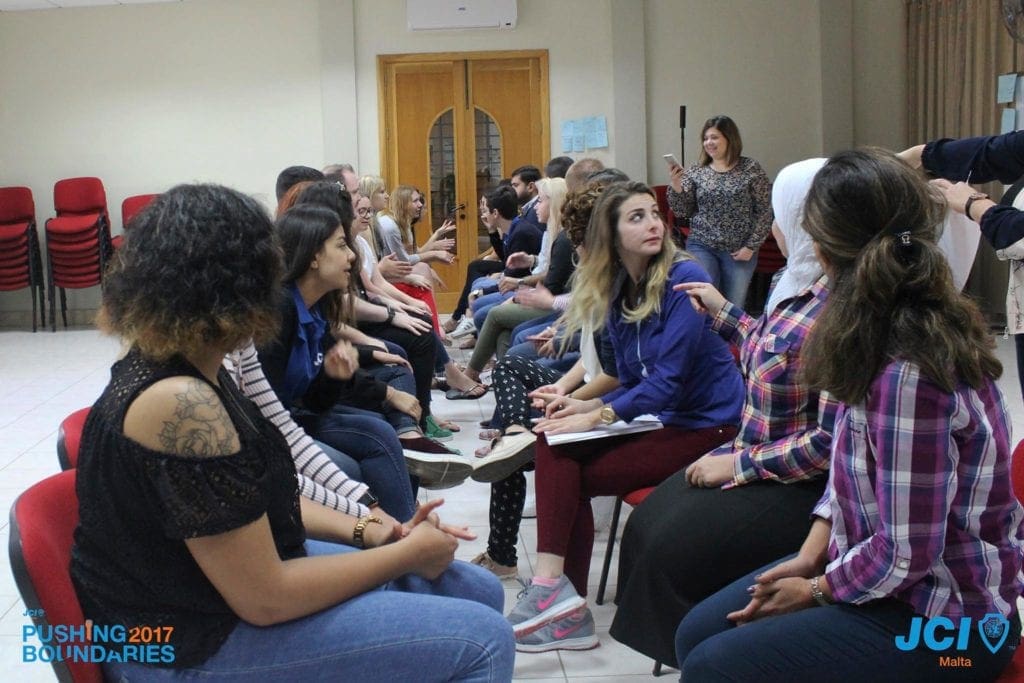
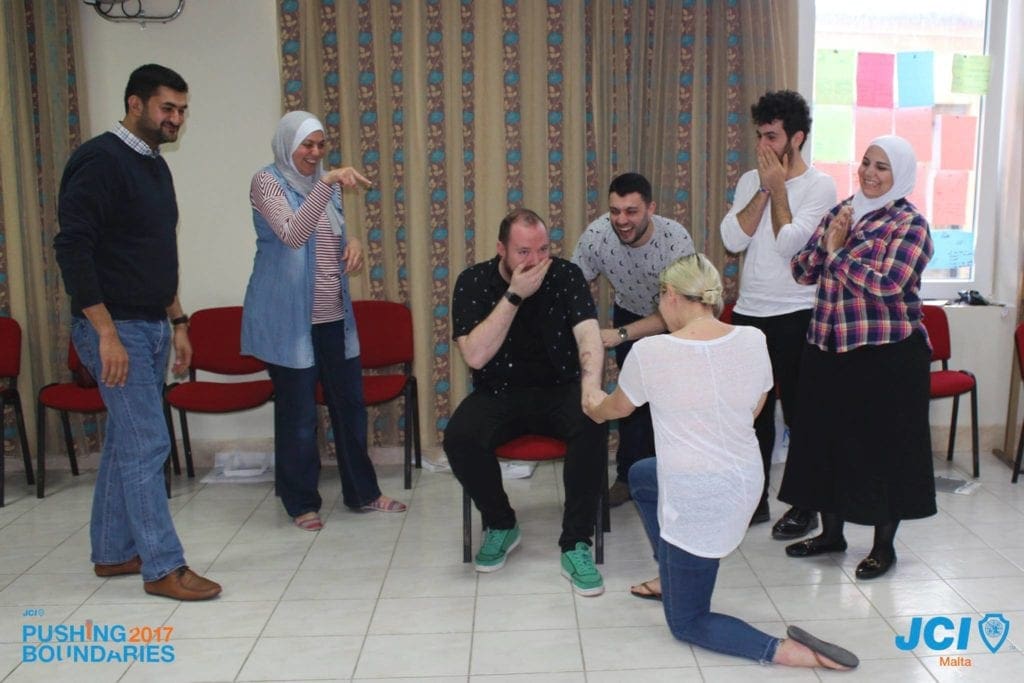
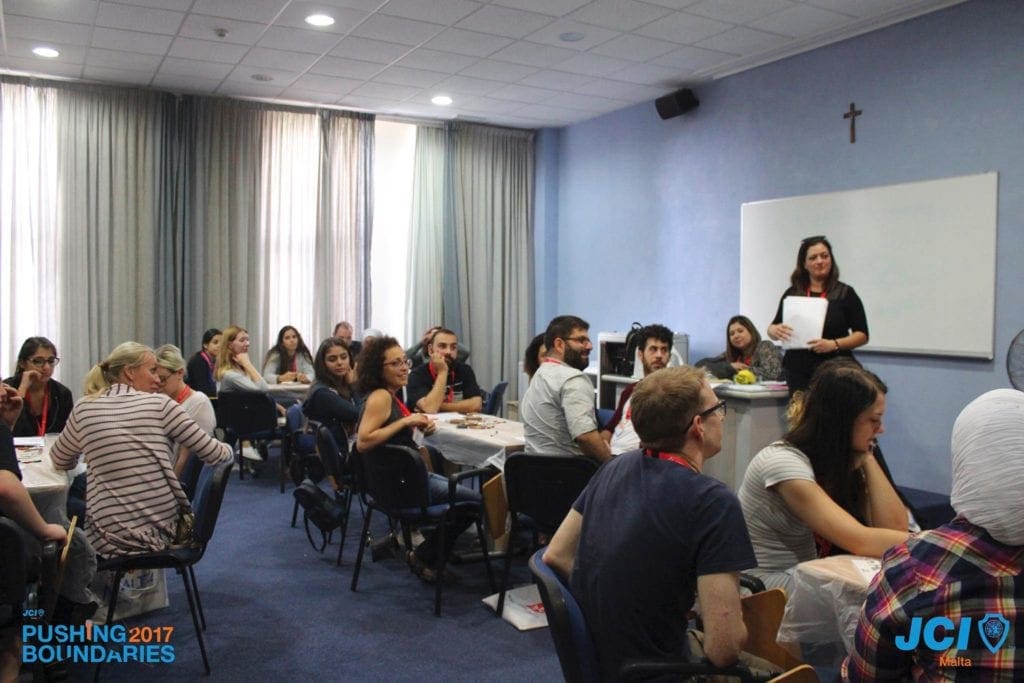
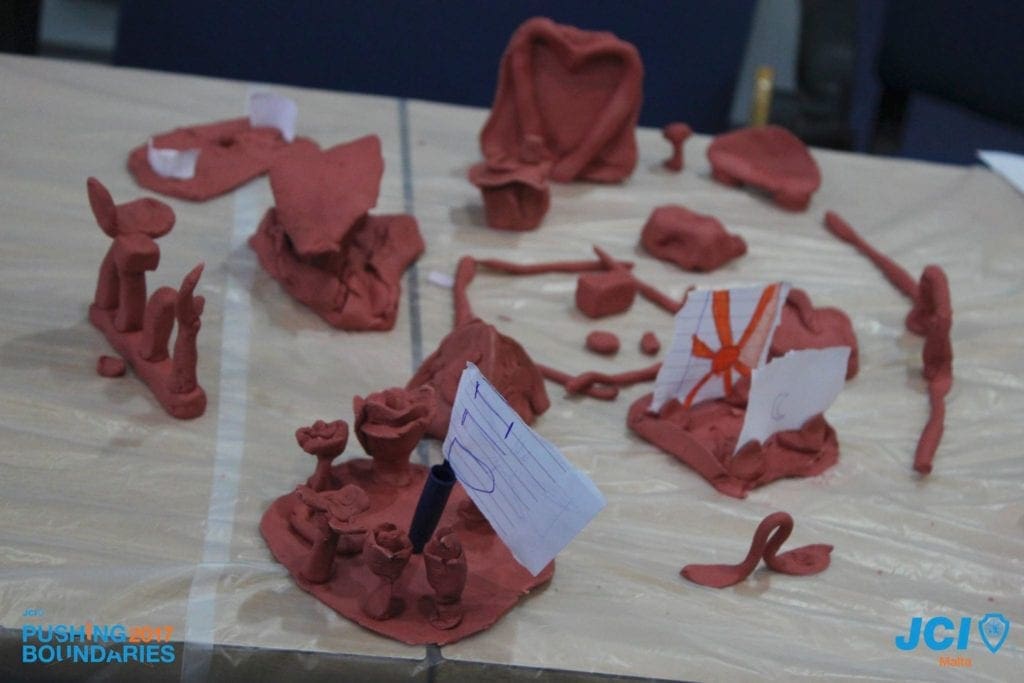
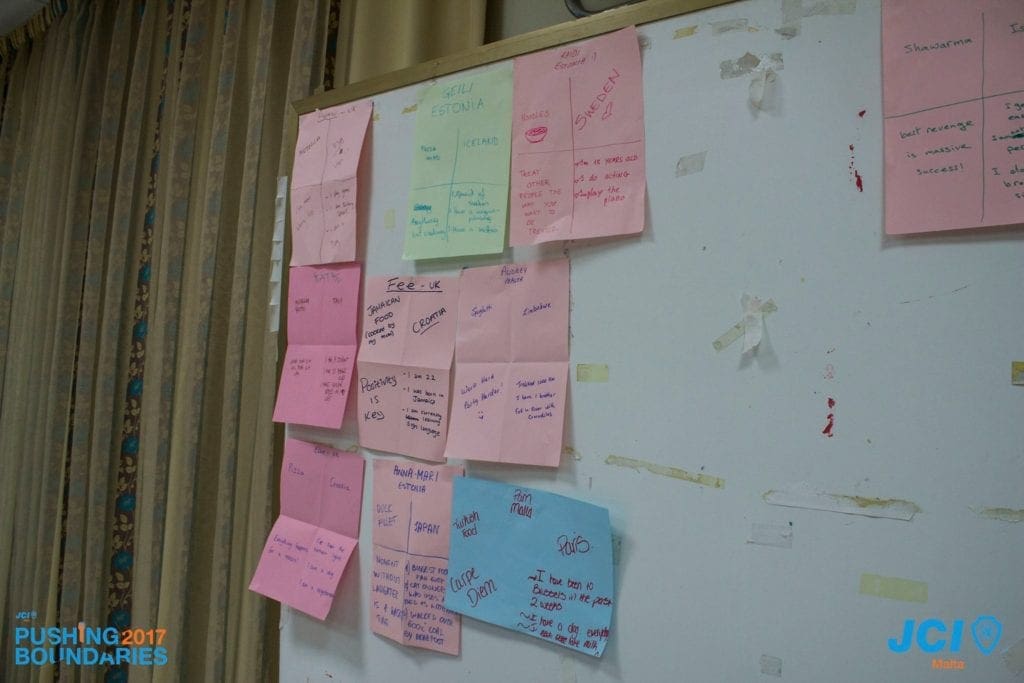
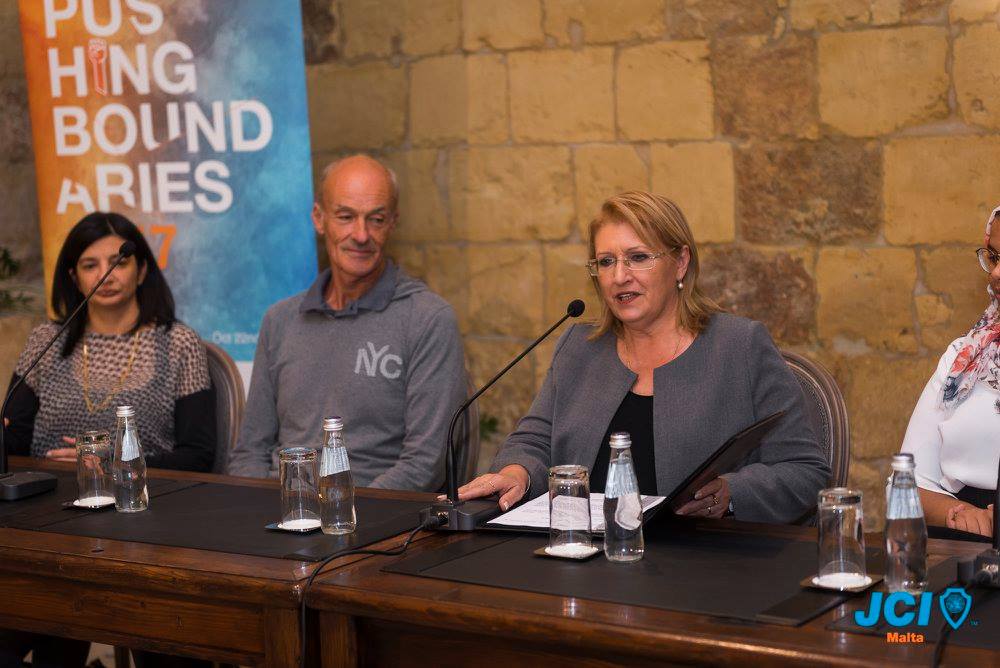
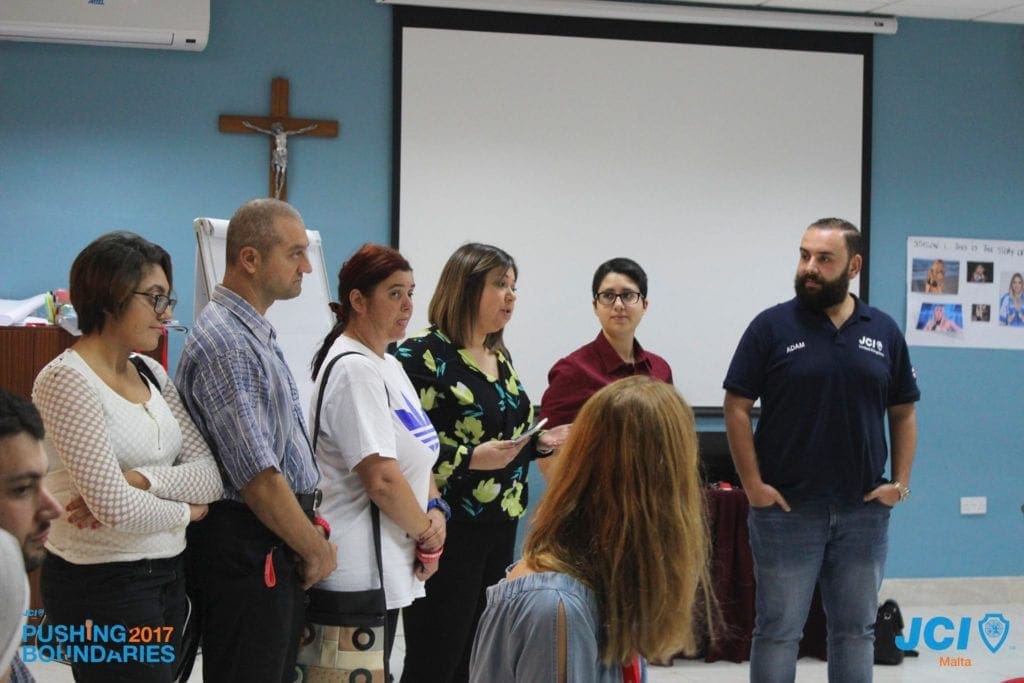
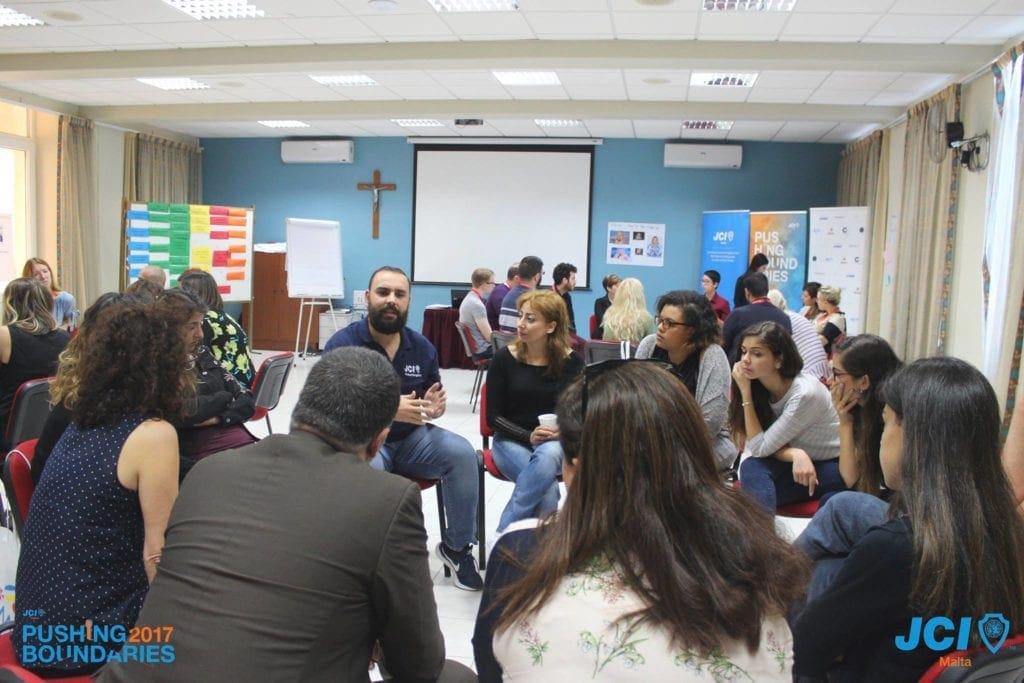
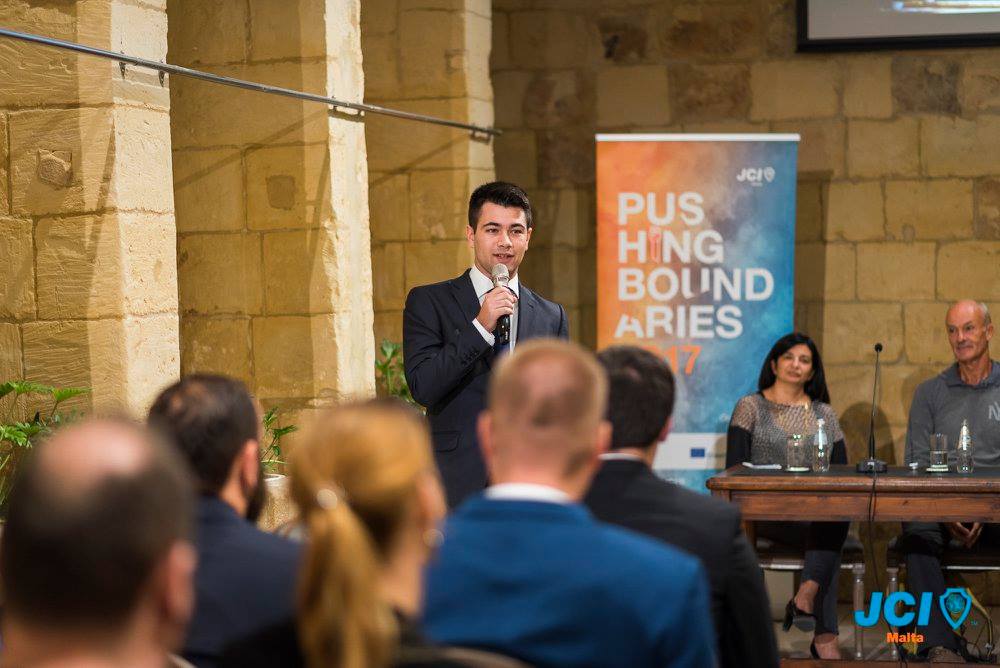
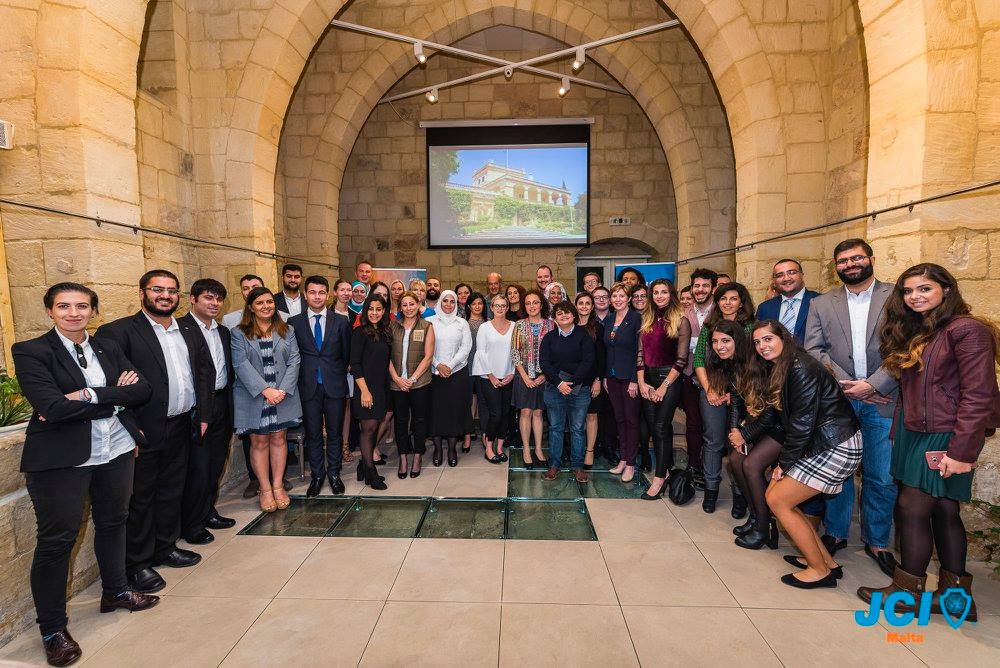
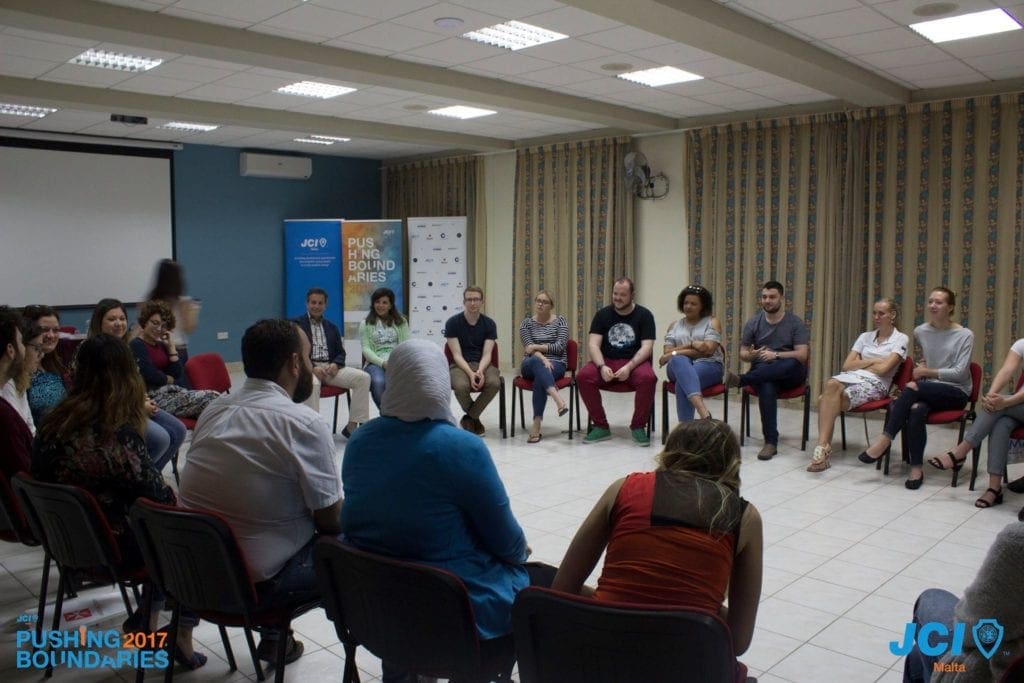
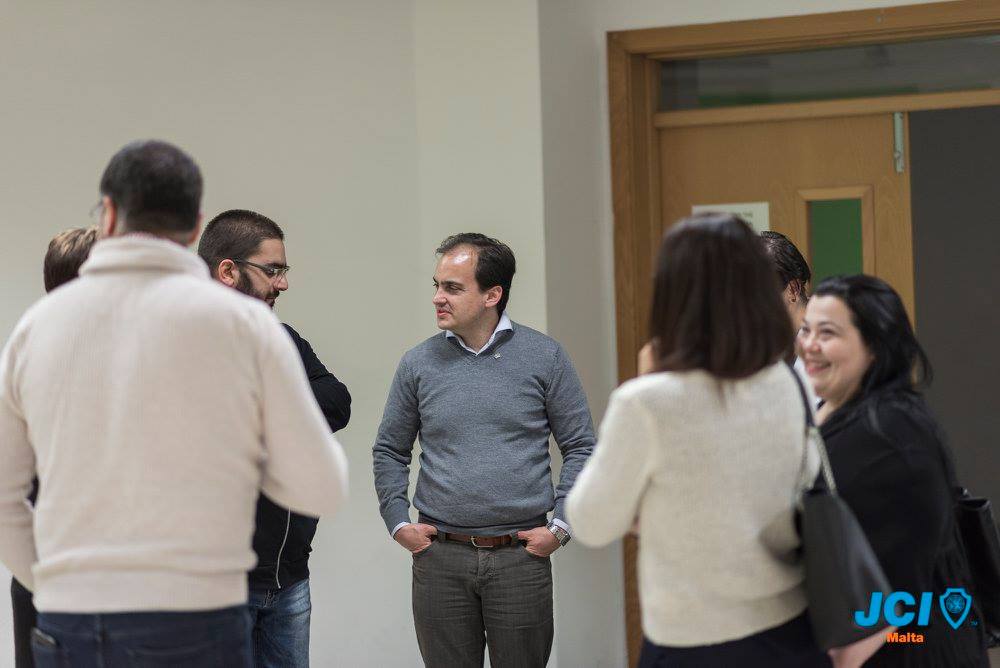
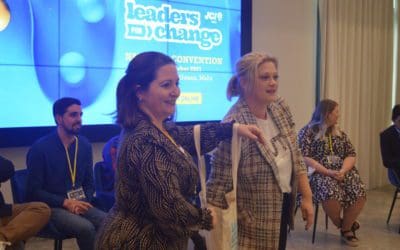
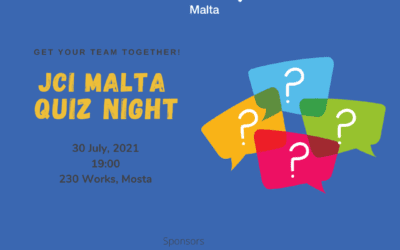
0 Comments
0 Comments